10 Tips on How to Build Credit Quickly

Building and improving your credit score is crucial to achieving success. A solid credit score can result in access to interest rates, credit limits, and better perks. If you’re looking to boost your credit rating or to just build credit, this guide will provide you with the strategies and tips needed to raise your credit score swiftly and effectively.
1. Comprehending Credit Scores

What does a credit score represent?
A credit score is a reflection, usually consisting of three digits, of your trustworthiness. When applying for loans, credit cards, or other forms of credit lenders use this number as a summary of your borrowing history to evaluate your reliability in repaying debts. The FICO score and VantageScore are among the credit scoring systems used.
The Significance of a Good Credit Score
The importance of maintaining a credit score cannot be overemphasized enough. A high credit score paves the way for opportunities, increasing the chances of approval for loans and credit cards with lower interest rates, higher borrowing limits, and more favorable conditions. Moreover, a good credit score can impact aspects of life such as securing housing, obtaining insurance coverage, and even enhancing job prospects.
Factors Influencing Credit Scores
Factors that influence credit scores:
- Payment history: The punctuality of your payments and any instances of missed or delayed payments.
- Credit utilization ratio: The proportion of available credit that you are utilizing.
- Length of credit history: The duration of your credit accounts and the average age of all your accounts.
- Credit mix: The diversity of credit accounts you possess, such as credit cards, loans, and mortgages.
- New credit: The quantity of recent credit inquiries or new accounts opened.
2. Ways to Build Credit
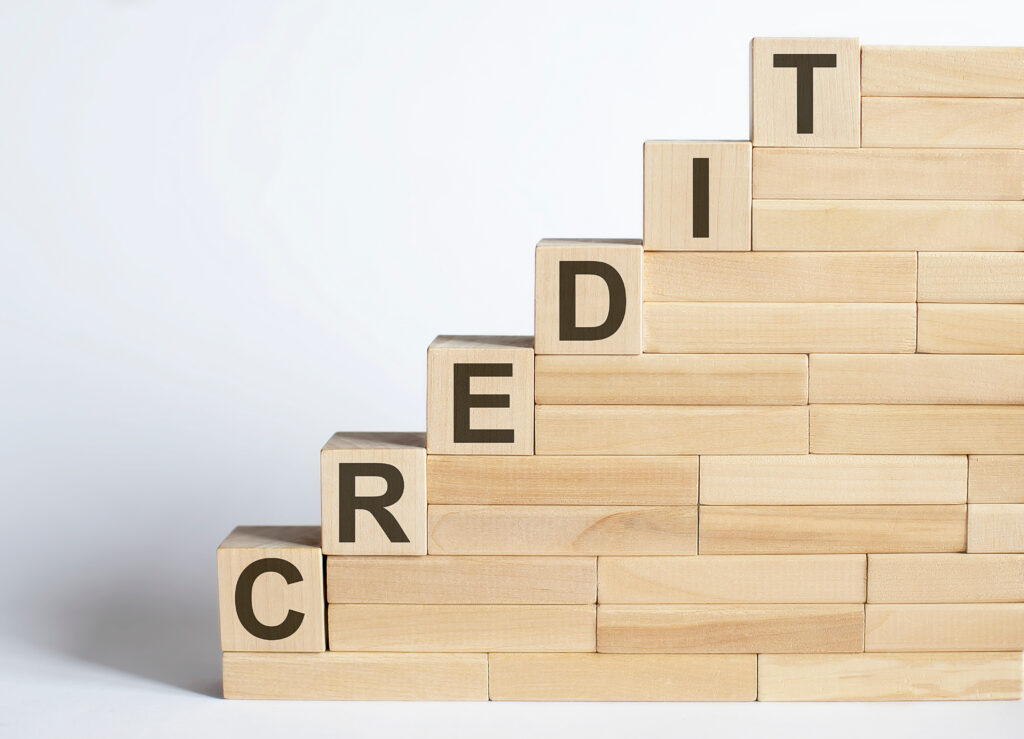
Adding Rent and Utility Payments to Your Credit Report
For individuals with a credit history, one effective way to establish credit is by including rent and utility payments in alternative data services like Experian Boost. These services can integrate these payments into your credit history, aiding in building a credit score.
Repaying Debts
Paying off existing debts is a method for enhancing your credit score. Focus on making payments and reducing your balances on credit cards. Lowering your credit utilization ratio can lead to enhancements in your credit score.
Obtaining a Secured Credit Card
Secured credit cards are a choice for building up your credit. These cards necessitate a security deposit that acts as collateral for the assigned line of credit.
By using a secured credit card and ensuring payments, you can build a positive payment history and enhance your credit score gradually.
Asking for a Higher Credit Limit
Requesting a credit limit can increase your credit and improve your credit utilization ratio, which is crucial for your credit score. However, it’s important to manage the increased limit and avoid accumulating debt.
Becoming an Authorized User
Becoming a user on someone’s credit card, such as a friend or family member, can help you establish credit effectively. The cardholder’s good payment habits and responsible credit usage will reflect positively on their credit report, leading to an improvement in their credit score. It’s essential to prioritize the behavior of the cardholder.
Disputing Credit Report Errors
Regularly reviewing your credit report is important to catch any errors or inaccuracies. If you discover any information, be sure to dispute it with the credit bureaus to ensure that your report shows positive details. Correcting these mistakes could potentially boost your credit score.
3. Establishing Healthy Credit Practices for Sustainable Improvement

Punctual Payment
Maintaining payments is key to maintaining a credit standing. Late or missed payments can have an impact on your credit score. Make sure you set up payments or reminders to avoid missing any payment dates.
Keeping Balances Low
It’s an idea to aim for credit card balances to improve your credit score. Try to keep your credit utilization ratio below 30% of your credit. Paying off your balances in full each month is a way to maintain your credit standing.
Diversifying Credit Accounts
Having a mix of credit accounts, such as credit cards, loans, and student loans, can boost your credit score. Demonstrating the use and management of different types of credit is valued by lenders.
Avoiding Late Payments
Missing payment deadlines can significantly hurt your credit rating. Consider setting up payments or reminders to ensure you never miss a payment deadline. Consistently paying bills on time helps build a payment history.
Checking Credit Reports
Regularly reviewing your credit reports is crucial for identifying errors or signs of fraud. By monitoring your reports, you can quickly address any issues. Ensure the accuracy of your credit information.
4. Other Options for Building Credit
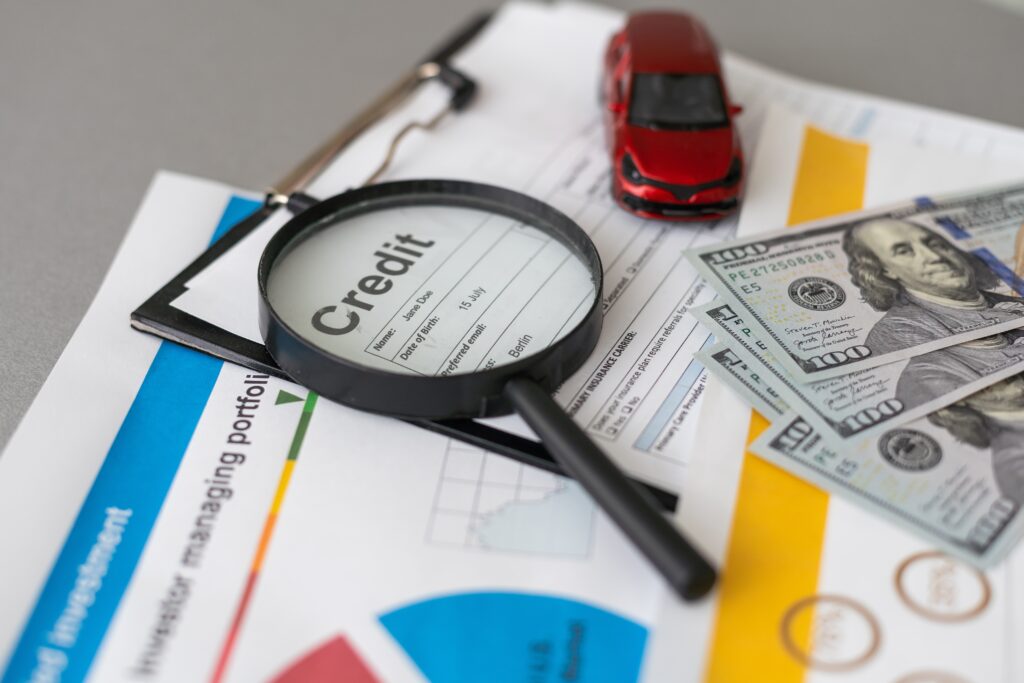
Credit-building loans
Credit-building loans are created with the specific purpose of aiding individuals in establishing or repairing their credit. These loans function by placing the borrowed money in a savings account, and as you make on-time payments, the lender reports them to credit reporting agencies, which helps to establish a favorable payment history.
Credit Unions and Credit Accounts
Credit unions frequently provide programs and products designed to help individuals build their credit, including secured credit cards and credit-builder loans. These institutions are often more accommodating and willing to assist individuals with a limited credit history or poor credit.
Experian Boost and Other Alternative Data Services
Experian Boost and other alternative data services provide a way to enhance your credit profile by incorporating extra positive payment information into your credit report. Such data may encompass rent, utility, and telecom payments, which are not traditionally included in the reports of the major credit bureaus.
5. Establishing Credit as a College Student

The Role of Student Loans in Credit History
For college students, taking out student loans can be a way to establish a credit history. Consistently making on-time payments on your student loans can help build a favorable payment record, which in turn can positively impact your credit score.
Tips for Getting Your First Credit Card
When looking for your credit card, consider student credit cards or secured options with low fees and reasonable credit limits. Practice spending by making purchases and paying off the balance in full each month.
Managing Credit Responsibly
Managing your credit responsibly is crucial during your college years. Avoid accumulating credit card debt, ensure you make payments on time, and aim to keep a low credit utilization ratio. By following these practices, you can establish a credit history.
6. Tips for Maintaining a Strong Credit Standing
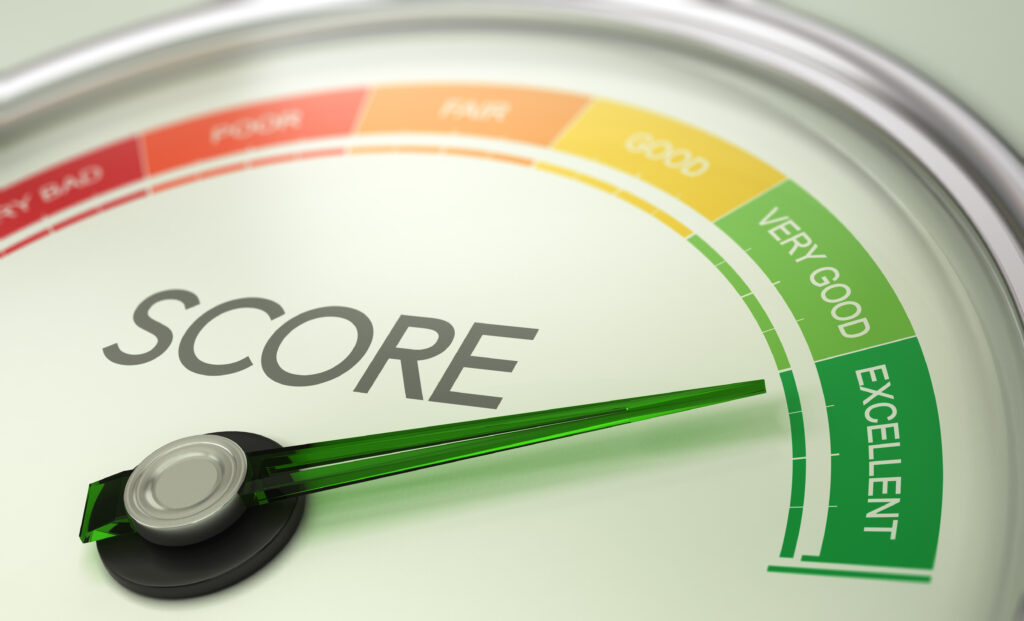
Timely Payments and Automatic Payments
Make sure to consistently make on-time payments on all of your credit accounts. Setting up automatic payments can help you avoid missing any due dates. It’s important to make a habit of consistently paying on time in order to uphold and enhance your credit score.
Credit Utilization Ratio
Keep your credit utilization ratio low by using a portion of your available credit and keeping balances well below the limits. This responsible approach to managing your credit will positively impact your credit score.
Regularly Monitoring Credit Reports
Regularly monitoring your credit reports allows you to identify any errors or potential fraudulent activities promptly. It’s crucial to stay vigilant and address any issues promptly to ensure the accuracy and reliability of your credit information.
Avoiding Unnecessary Credit Inquiries
Be mindful of inquiries on your credit report, as they can temporarily lower your credit score. Only apply for credit when necessary, and carefully review the inquiries you authorize.
7. Rebuilding Credit After Financial Hardships

Improving Credit After Setbacks
For individuals with a perfect credit history, focusing on repairing their credit is essential. Making payments, paying down debt, and establishing a payment history are all ways to achieve this. These steps will ultimately help boost one’s credit score.
Reestablishing Credit Following Bankruptcy
Rebuilding credit after bankruptcy requires patience and responsible financial behavior. Start by obtaining a secured credit card, ensuring on-time payments, and gradually rebuilding your credit profile.
Rebuilding Credit After Foreclosure
Restoring credit following a foreclosure involves steps to rebuilding credit health. Emphasize the importance of payments and debt reduction. Maintaining a positive payment record. Over time, improvements in your credit score will become evident.
8. Understanding the Importance of Credit Mix

Grasping the Concept of Credit Mix
Credit mix refers to the variety of types of accounts in your credit history. Having a mix of credit types,, like credit cards, installment loans, and mortgages,, can positively affect your credit score. Lenders want to see that you can handle different different types of credit responsibly.
Maintaining a Variety of Credit
Diversifying the kinds of credit accounts you manage can improve your credit score. It’s crucial to handle forms of credit to build a well-rounded credit profile.
9. The Significance of Credit Cards
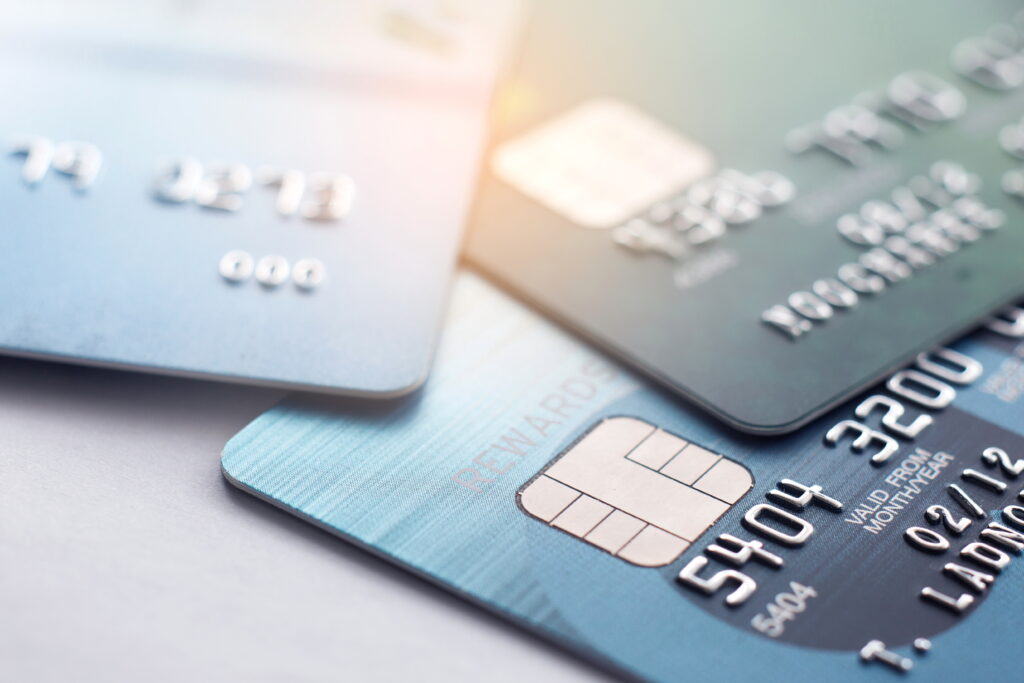
Choosing the Right Credit Card
Selecting a credit card is vital when establishing credit. Look for cards that suit your situation and credit history. Consider factors such as interest rates, fees, reward programs, and credit limits.
Paying Off Credit Card Balances
To build credit effectively, it’s important to pay off your credit card balance on time every month. Avoid carrying a balance, as balances can negatively impact your utilization ratio and overall score.
Credit Card Usage
Maintain a low utilization ratio by using a portion of your available credit. Aim to keep balances below your limits for credit standing. In addition, consider transferring your credit card balance to a card with an interest rate if you have a balance and are facing hefty interest charges. This move can help you save money on interest, accelerate debt repayment, and boost your credit score in the long run.
10. Credit-Building Resources
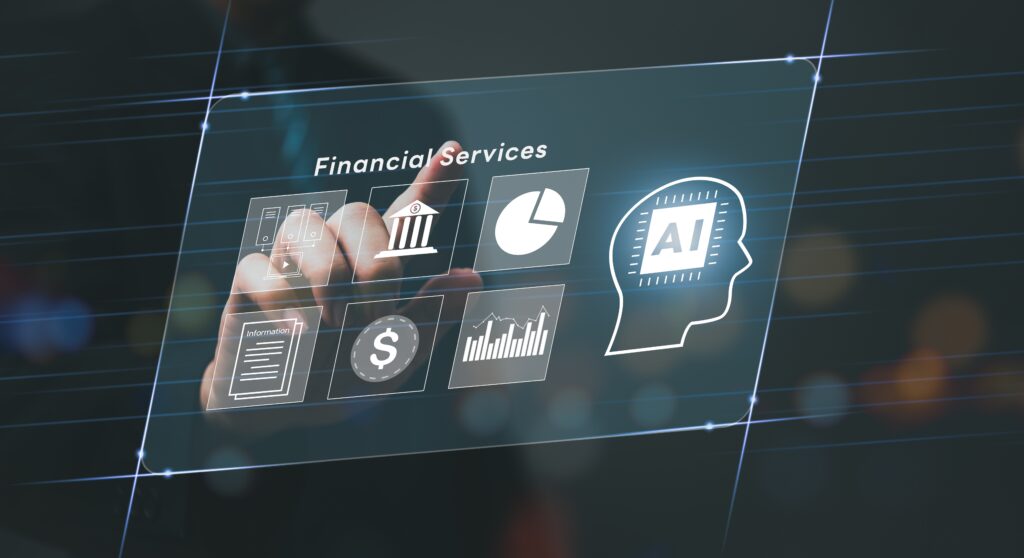
Free Credit Scores and Reports
Explore resources like Credit Karma, Credit Sesame, and AnnualCreditReport.com to access your credit scores and reports at no cost. Regularly monitoring your credit information allows you to track your progress and identify any issues.
Credit Monitoring Services
Consider signing up for credit monitoring services that keep an eye on changes in your credit reports. These services can alert you to any activity or modifications to your accounts.
Credit Education and Financial Resources
Take advantage of platforms offering tools and resources to help you understand credit better and make informed financial decisions. Use these tools to enhance your progress in establishing credit.
Closing Thoughts
To sum up, building credit swiftly requires adopting practices, adept credit handling, and a dose of patience. By adhering to the recommendations outlined in this manual, you can oversee your credit rating diligently. Lay the groundwork for a financial tomorrow. Remember that developing credit is a process, and sustaining financial behaviors in the long haul will yield the best results.





